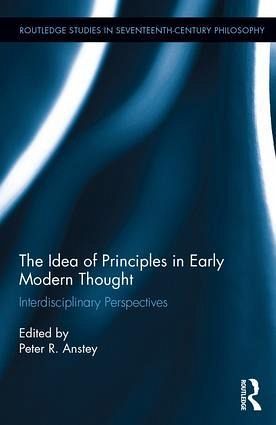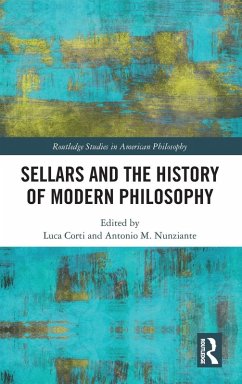
The Idea of Principles in Early Modern Thought
Interdisciplinary Perspectives
Herausgeber: Anstey, Peter R.
Versandkostenfrei!
Versandfertig in 1-2 Wochen
169,99 €
inkl. MwSt.
Weitere Ausgaben:

PAYBACK Punkte
85 °P sammeln!
This collection of essays breaks new ground in bringing together scholars from a range of disciplines to focus on the nature and status of principles in early modern thought. A comprehensive introduction argues that there is a natural "fault line" between propositional and ontological principles, and establishes a clear understanding of how the term principle might be used, and of the kinds of questions that might be raised about its usage. With contributions from leading scholars-including Daniel Garber, William Newman, and Sophie Roux-this book will be of interest to scholars of early modern...
This collection of essays breaks new ground in bringing together scholars from a range of disciplines to focus on the nature and status of principles in early modern thought. A comprehensive introduction argues that there is a natural "fault line" between propositional and ontological principles, and establishes a clear understanding of how the term principle might be used, and of the kinds of questions that might be raised about its usage. With contributions from leading scholars-including Daniel Garber, William Newman, and Sophie Roux-this book will be of interest to scholars of early modern philosophy, the history of early modern thought, and the history and philosophy of science.














